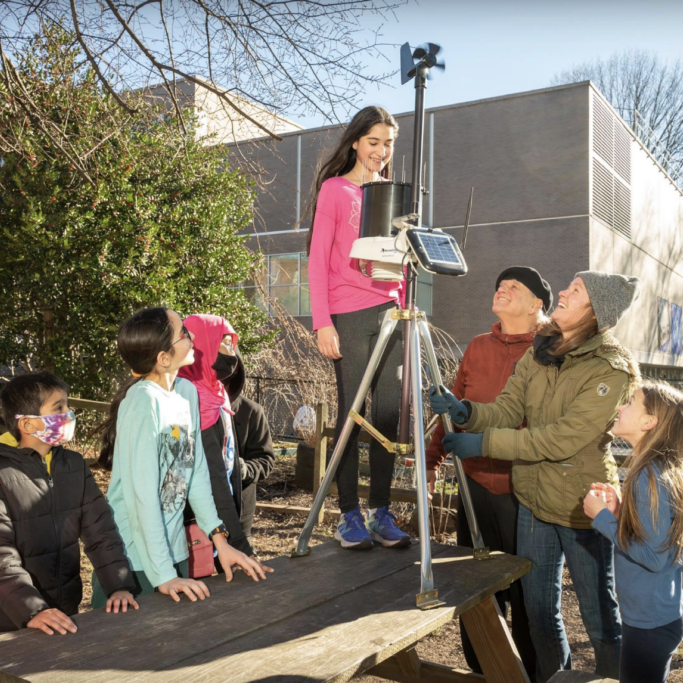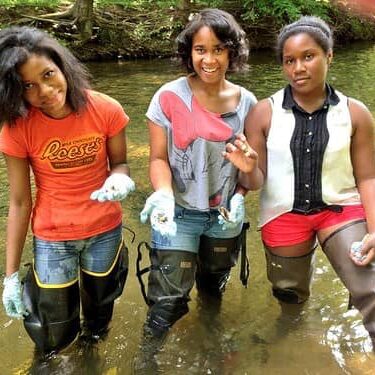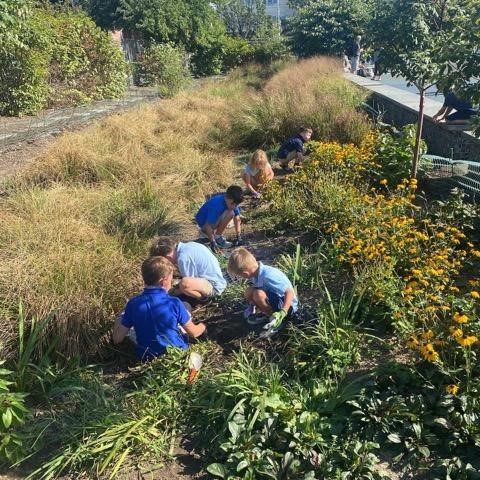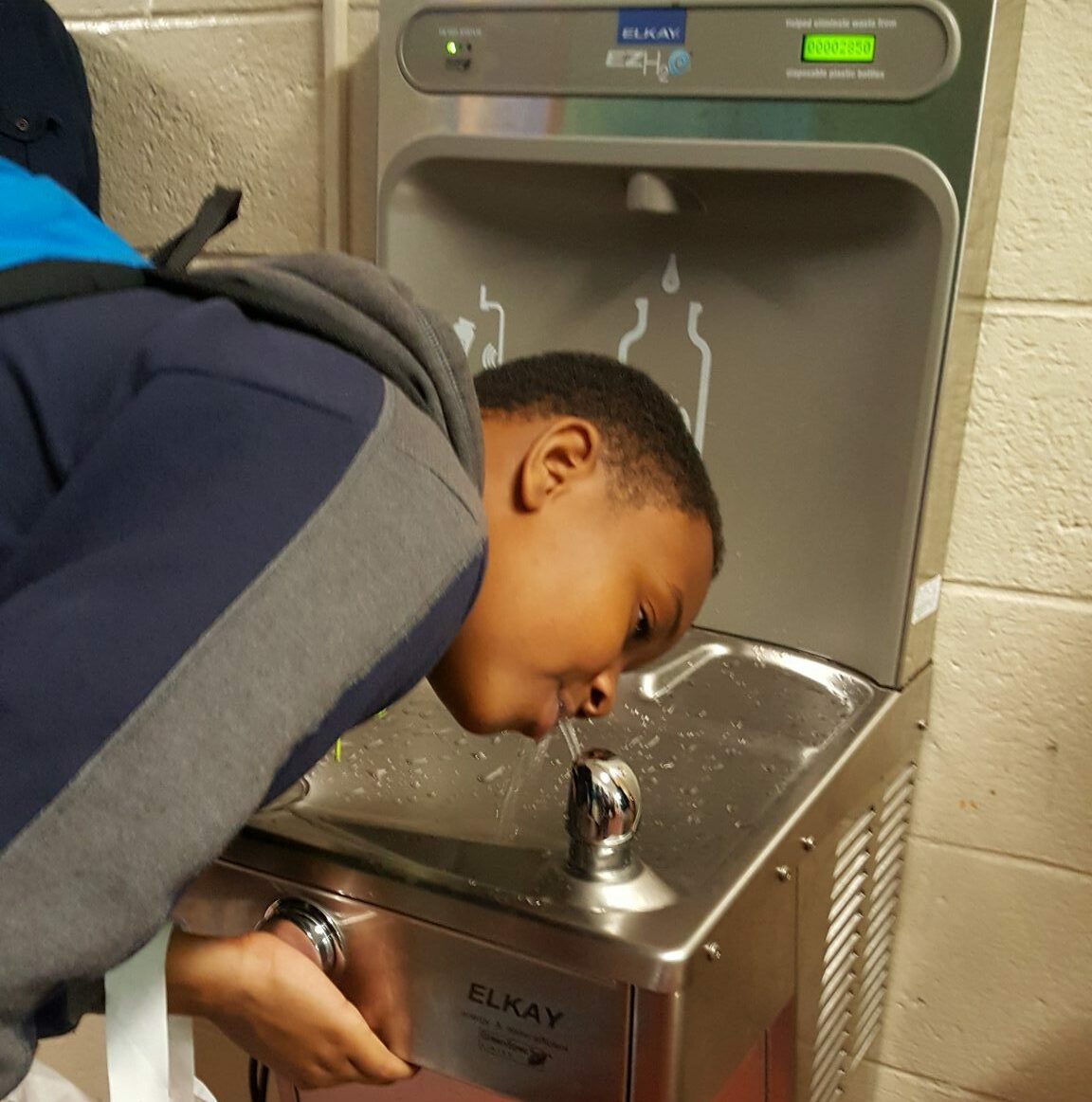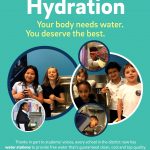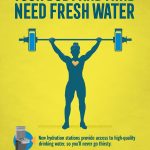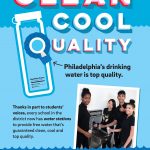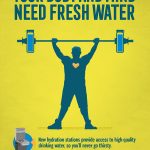GreenFutures was launched in 2016, to build a culture of sustainability throughout the School District of Philadelphia by making every school a greener school to better serve students and communities. The second version, GreenFutures 2.0, is currently under development.
GreenFutures was modeled after the City of Philadelphia’s sustainability plan, Greenworks, and National Wildlife Federation’s Eco-School USA program. The plan is broken up into five interconnected focus areas: Education for Sustainability, Consumption and Waste, Energy and Efficiencies, School Greenscapes, and Healthy Schools/Healthy Living.
Whole school sustainability is a transformative approach that goes far beyond traditional recycling programs or school gardens. Here, sustainability is not an add-on but a fundamental principle guiding every decision and action. It is about creating a holistic, resilient, and future-ready educational environment that fosters sustainable practices in every aspect of school life. This vision integrates environmental, social, and economic dimensions to cultivate a culture of sustainability that encompasses the entire school community.
In essence, whole school sustainability is about nurturing a generation of environmentally literate and socially responsible citizens. It is about inspiring students to understand that their actions matter and that they have the power to drive positive change. By embedding sustainability into the heart of education, we are not only preparing students for a sustainable future but also creating thriving, resilient communities today.
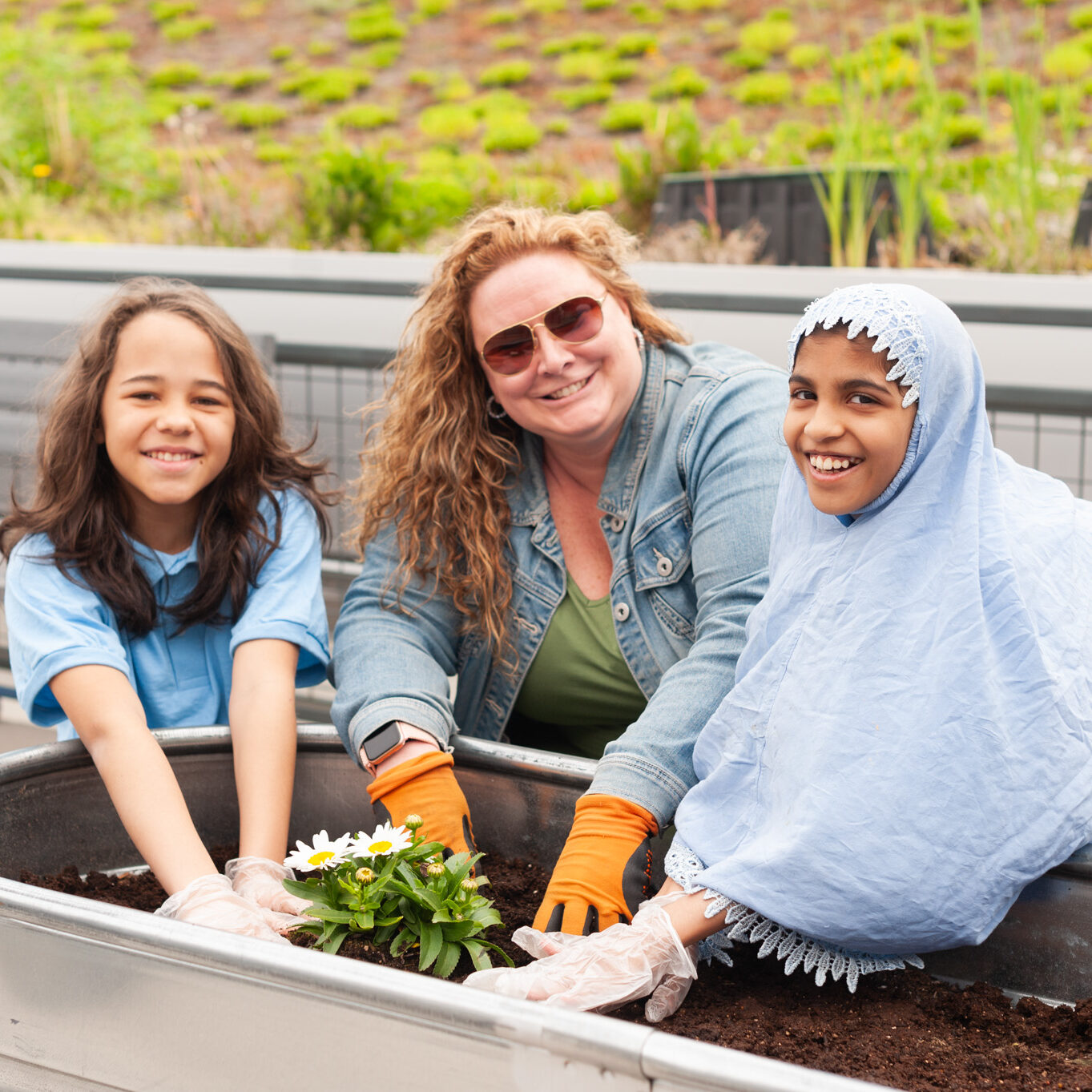
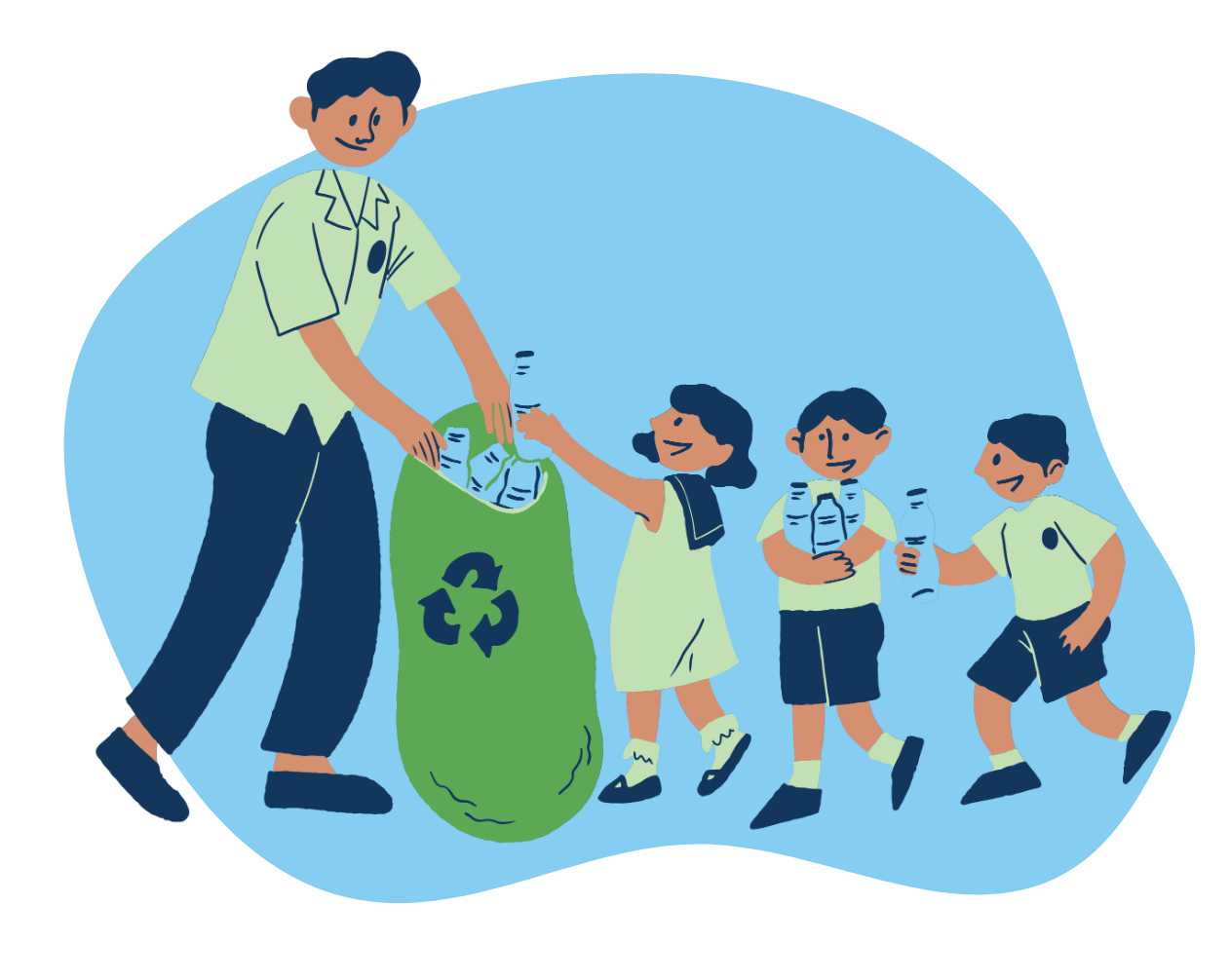 IDENTIFY a Sustainability Coordinator for your school. Select a teacher or staff member to be your Sustainability Coordinator! This person will be in charge of implementing the program. A good coordinator is someone who is familiar with school staff and routines, a leader, organized and enthusiastic about the environment.
IDENTIFY a Sustainability Coordinator for your school. Select a teacher or staff member to be your Sustainability Coordinator! This person will be in charge of implementing the program. A good coordinator is someone who is familiar with school staff and routines, a leader, organized and enthusiastic about the environment.